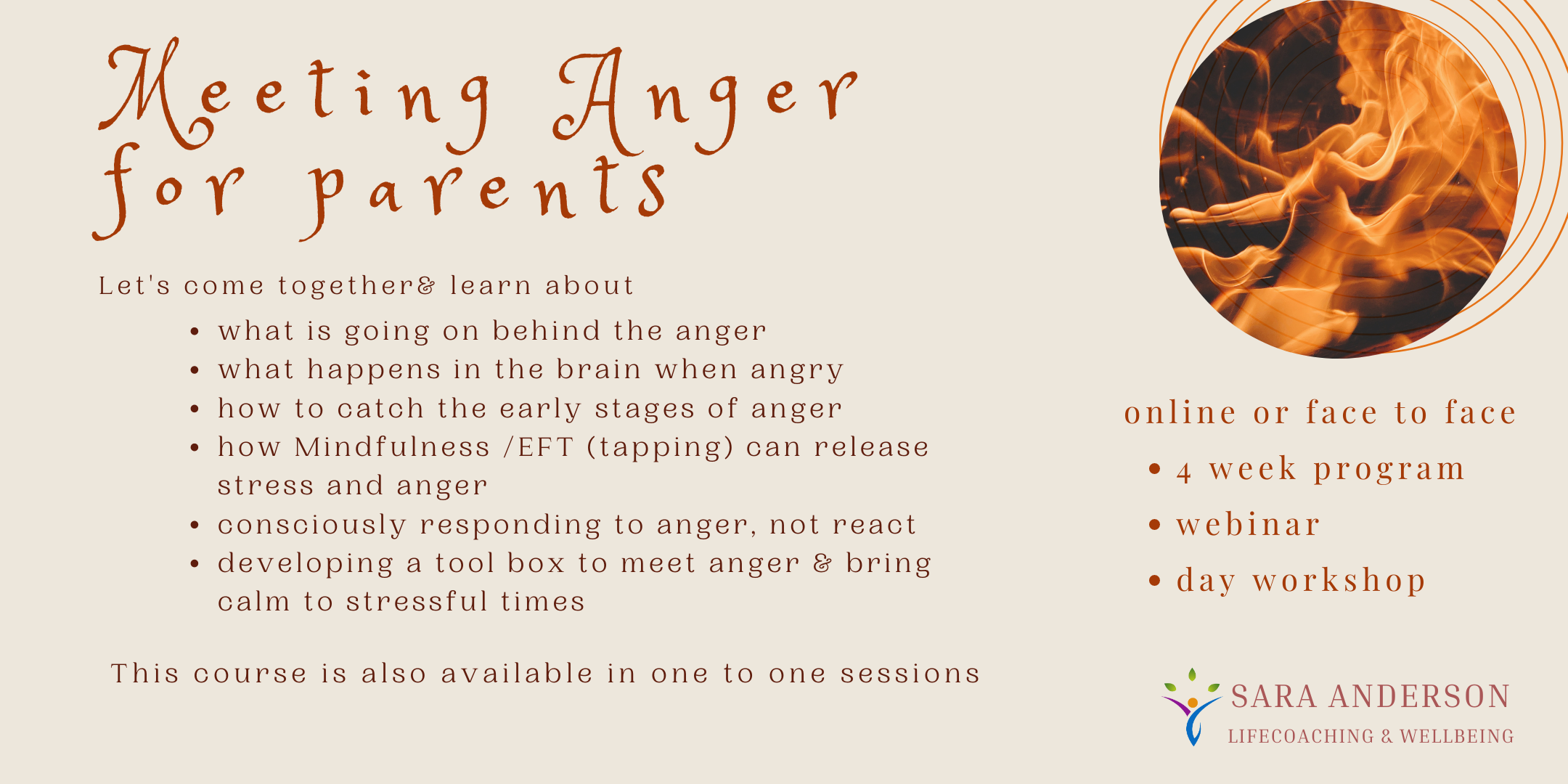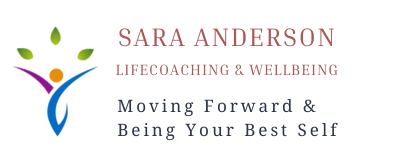
Meeting Anger for Parents
Learn more about anger – what is really going on when someone is angry – this could be in relation to your child’s anger or your own anger or both, causes and contributing factors of anger and learn ways of exploring what might be contributing to the intense feelings of anger, whether this be for you or your child.
Continue reading below for more details.
This course explores anger, its causes and contributing factors, and what is really going on when someone is angry. This could be in relation to your child’s anger, your own anger, or both.
With the course, there will be a variety of ways to enable learning, including:
● Short talks
● Powerpoint presentations
● Hand-outs
● Videos
● Small group work in break-out rooms
● Individual exercises
● Reflections as a group
It is set up to be a friendly space, where everyone feels welcome and there is a sense of ‘mattering’. Sara sees her role as a facilitator, not just a tutor, and leads the session in a way that encourages discussion and reflection.
There will be lots of opportunities to explore your own personal parenting challenges. You will be introduced to new concepts but – more importantly – you will learn how to integrate these new ideas into your life when you go home.
This course is available in three formats: as an online group course (with a minimum of 8 participants required to run), as a one-to-one course tailored to your specific needs, or as a course for couples, where both parents can work together to apply the strategies to family life.
We’ll explore topics such as:
● Brain science and what is going on in the brain when someone is angry. You’ll often find that under the anger is stress. Anger is expressed when we are experiencing stress beyond our ability to cope.
● The links between thoughts, feelings and actions.
● What might be triggering you or your child, and how to develop skills in catching the anger in the early stages.
● How our own experiences of anger as a child can impact on how we react to anger in adulthood.
● How to empathically listen and support yourself/ your child so they can find ways of expressing their intense feelings in ways that do not cause suffering to others.
● How to support yourself when experiencing intense feelings and develop more skills in holding what is going on inside you, rather than acting out. Develop a tool box to deal with and meet those moments of anger.
● Learn about how EFT ( a technique where you tap on meridians commonly used in acupuncture) and mindfulness can be used to reduce stress and help bring more calm.
● How to consciously choose how you respond to anger, so that rather than reacting in ways that do not feel good and that do not help your relationship with your child/self, you can develop skills to help you react in healthier, more positive ways
